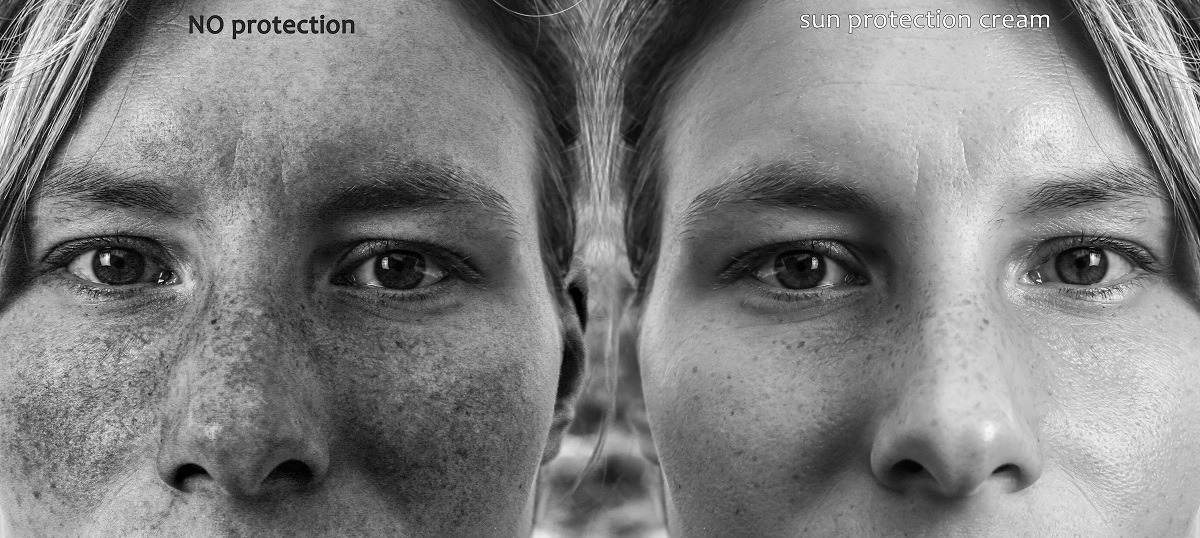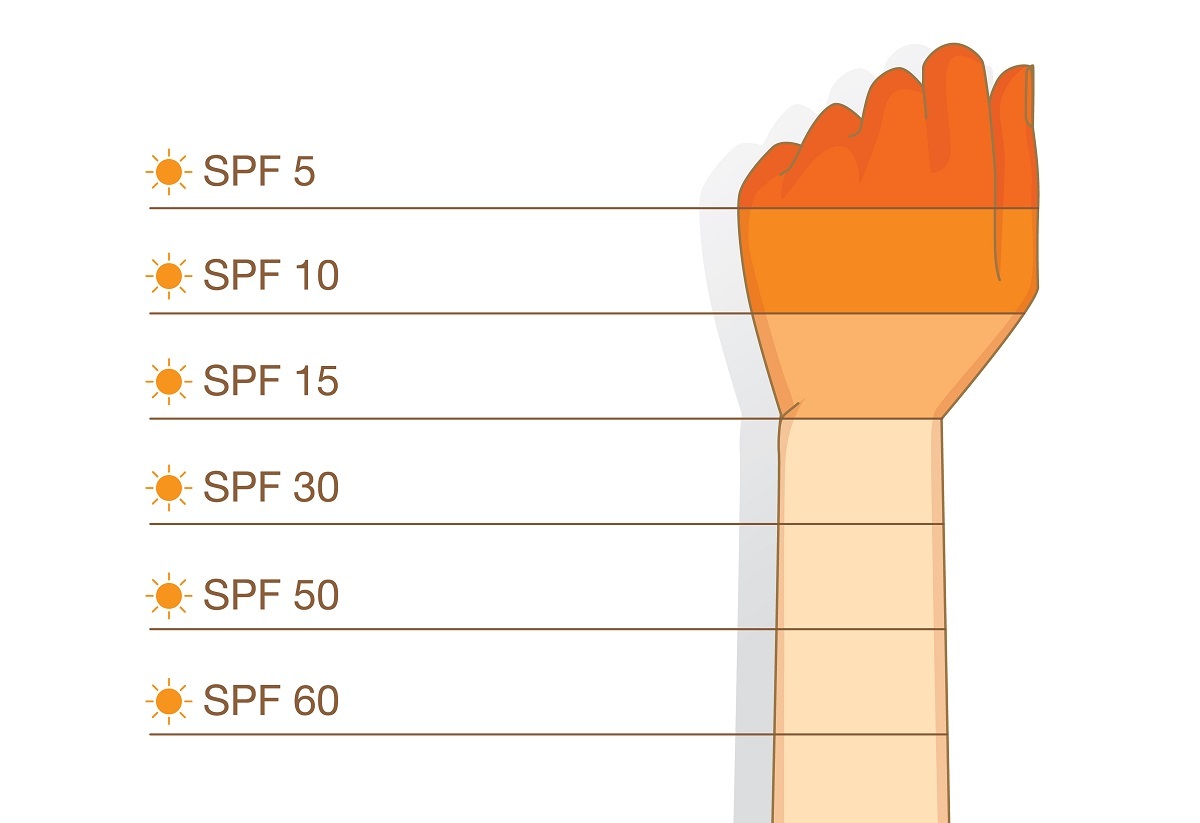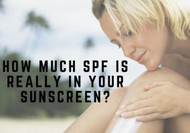Nearly Half of All Sunscreens Fail to Meet their SPF Claims
Posted by Laura Lorenzetti from Fortune Health on Jun 28th 2017

Go ahead and opt for the higher SPF because it may not be as strong as you might think.
Be Prepared With Plenty Of eGel
A new study by Consumer Reports found that 43% of the 60 sunscreens tested failed to meet the SPF claim on the label. It's the fourth year in a row that the magazine found that many sunscreens fall short of their touted SPF levels despite the fact that the U.S. Food and Drug Administration requires all sunscreens to meet labeled SPF levels. Consumer Reports found that "of all the sunscreens we've tested over that stretch of time, fully half came in below the SPF number printed on the label, and a third registered below an SPF 30."
Three of the sunscreens even fell well short of their claims, sporting an actual SPF of less than 15 despite claiming that they had an SPF of 30 or higher, said Consumer Reports. Two examples were Banana Boat Kids Tear-Free, Sting-Free SPF 50 lotion and CVS Kids Sun Lotion SPF 50, which both tested at an SPF 8, according to CBS News. (The full list of sunscreens and their ratings are behind a paywall and require a subscription to determine which passed or failed the magazine's study.) That leaves many consumers at risk of sunburn and potential long-term skin damage even though they think they are properly protected.
Both Banana Boat and CVS told "CBS This Morning" that their SPF claims are correct and meet the FDA's testing requirements when asked about the report.
Mineral products, often called "natural" sunscreens, were particularly poor performers. These include products that contain only titanium dioxide, zinc oxide, or both as active ingredients. Only 26% of the 19 mineral sunscreens tested by the magazine met their SPF claims. For comparison, 58% of the 85 chemical sunscreens met their claims.
A number of sunscreens fell short of SPF claims no matter their stated level of protection, though Consumer Reports found that you have the best chance of choosing an effective sunscreen if you opt for a chemical sunscreen with an SPF of 40 or higher. It will ensure a better chance of getting a product with at least an SPF 30, the minimum level suggested by many dermatologists.
Some of the best performing sunscreens tested by Consumer Reports include:
1. La Roche-Posay Anthellos 60 Melt-In Sunscreen Milk lotion
2. Pure Sun Defense SPF 50 lotion
3. Banana Boat SunComfort Continuous Spray SPF 50+
4. Aveeno Protect + Hydrate SPF 30
5. No-Ad Sport SPF 50 lotion
6. Equate Sport Continuous Spray SPF 50

The FDA has oversight of all SPF claims but doesn't test the products themselves. All testing is done by the companies themselves and the results are usually kept on hand in case the FDA inquires. Most companies don't have to submit their results, and companies are only required to test when a new product is released or one is reformulated, reported Consumer Reports.
The magazine said it will submit its four-year results to the FDA and encourage the government organization to reevaluate sunscreen requirements and its oversight.



